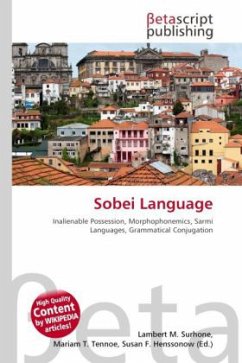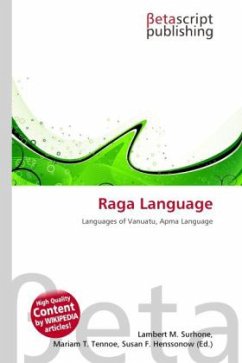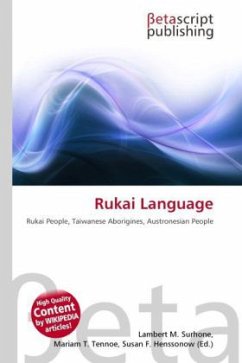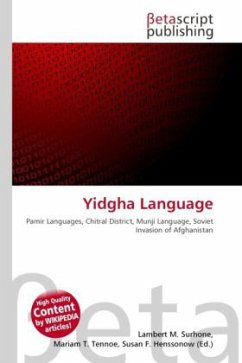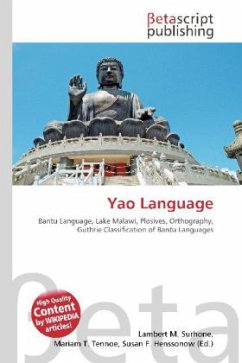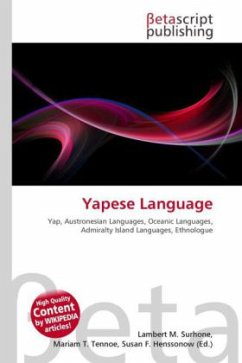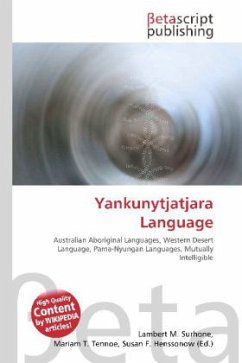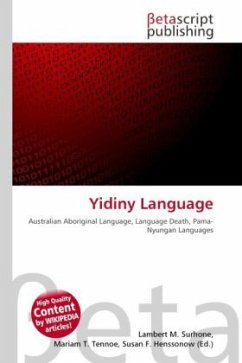High Quality Content by WIKIPEDIA articles! Sobei distinguishes alienable possession from inalienable possession by directly suffixing nouns in the latter type of relationship, principally body parts and kin terms. The morphophonemics are often complex: natu' 'my child', natun 'his/her child', netrirse 'our child(ren)', netrise 'their child(ren)'; dabu'sa'a 'my head', dabusa'a 'his/her head', debrirsa'a 'our heads', debrisa'a 'their heads' (Sterner 1987). The following paradigm of the inalienably possessed noun tema- 'father' is from Sterner (1976). The intermediate -ri- before the possessive suffix serves as a plural marker. As an independent pronoun, ri is 3rd person plural ('they'). Some kin terms that do not take the possessive suffixes nevertheless have plural forms ending in -(r)i: wawa-ri 'uncle-PL', tinan-i 'mother-PL', nabai-yi 'cousin-PL' (Sterner 1976).

